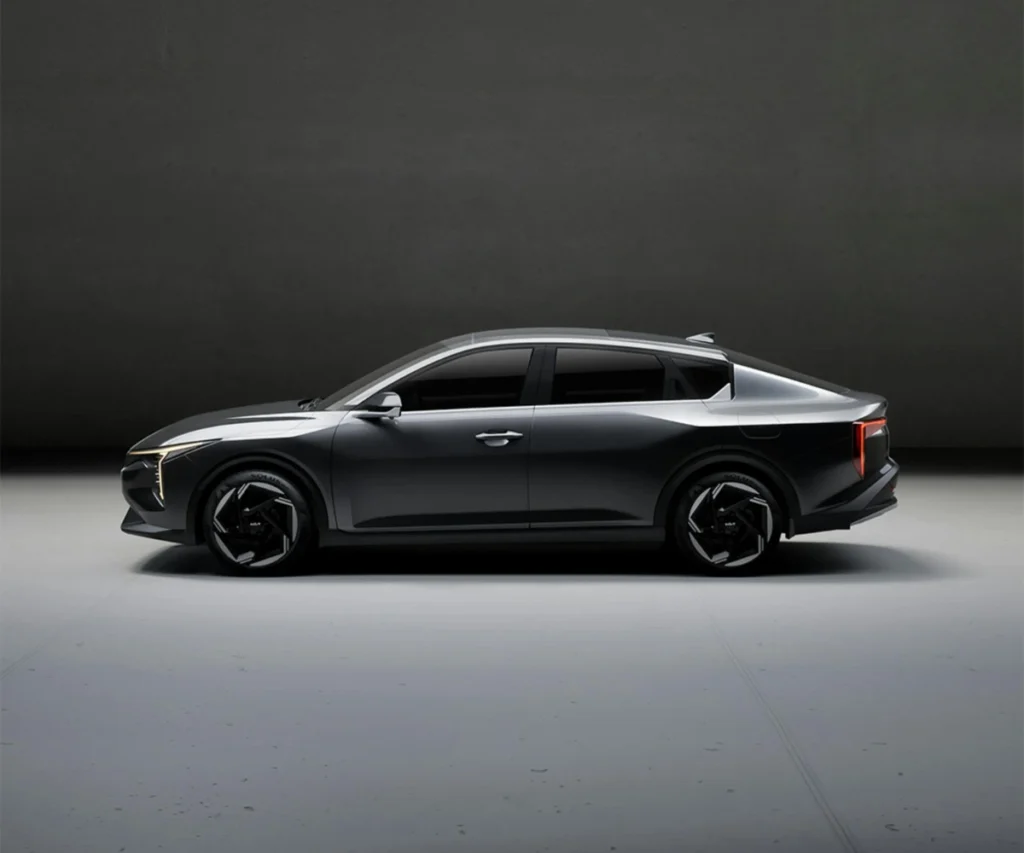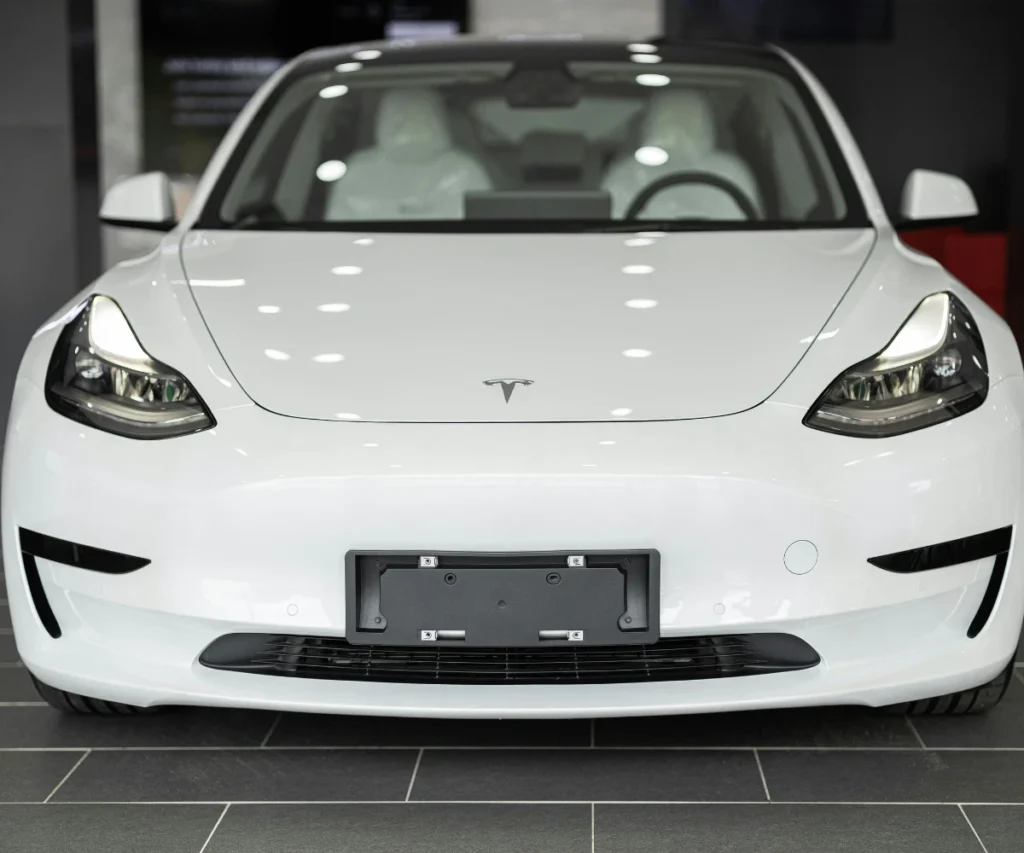Electric cars, many would ask: are electric car using a flamel refrigent? A concern with the shift in the car industry’s preference toward greener technology. Conventional refrigerants for air-conditioning have already been outlawed because they cause more damage to the environment; instead, a number of these alternative, environmentally-friendly options include hydrocarbon-based coolants. These latter types have higher flammability, though they still boast low global warming potential. These are new choices being researched in the growing number of electric cars. This article will explore whether electric cars are using flammable refrigerants, the safety measures in place, and the environmental benefits these coolants offer.
7 Key Facts About Flammable Refrigerants in Electric Cars
Flame-Free Coolants in Electric Vehicles
The question that arises is, are electric car using a flamel refrigent? is ever so pertinent as the industry changes its ways towards a greener solution. Some refrigerants used in the old vehicle are flammable but, most of the new electric car companies have begun opting for flame-free coolants. This means that refrigerants like R-1234yf are non-flammable and safer for both the vehicle and the environment. They pose lower risks of fire hazards upon an accident and are a greener alternative. As more electric vehicles become the talk of the town, having flame-free refrigerants translates to safety and responsibility for environmental protection.
Are Electric Vehicles Using Flammable Refrigerants?
The question, are electric car using a flamel refrigent?, is touching an important component of electric vehicle technology regarding cooling systems. Although more traditional refrigerants were flammable, most newer electric vehicles are moving to safer ones: non-flammable refrigerants. Environmentally friendly cooling agents designed for these purposes, and which can avoid fire incidents in case of accidents include R-1234yf. It has reflected the high commitment from the industry both in sustainability and safety of electric cars that meet demanding environmental standards with no compromise either on performance or protection.
Safe Cooling Solutions for Electric Cars
The central question in the debate around safe cooling solutions for electric cars is: are electric car using a flamel refrigent? While older vehicle refrigerants are indeed flammable, electric car manufacturers are increasingly adopting non-flammable refrigerants such as R-1234yf. These alternatives are both environmentally friendly and designed to minimize fire risks in the event of a crash or system failure. With the electric vehicle revolution, this movement towards non-flame solutions in cars ensures that it is very safe and environmentally friendly to offer advanced performance with comfort for drivers.

Electric Car Refrigerants: Safe or Risky?
The question, are electric car using a flamel refrigent?, raises the concern of safety within modern vehicle cooling systems. Older refrigerants are infamous for catching fire; electric cars are now trending toward less flammable substitutes. Safer, more modern options like R-1234yf offer an environmental alternative that will not have the dangers that plague cars with flammable coolants. This reflects growing interest in the safety and sustainability focus of the electric vehicle sector, where electric cars will both be efficient and secure but within stricter environmental standards.
Refrigerants in Electric Vehicles: Fact or Fiction?
Are electric car using a flamel refrigent? is what most people ask and fear. Though older refrigerants used in conventionally used vehicles were flammable, electric cars have increasingly begun using safer, non-flammable refrigerants. Modern electric vehicles have started using friendly alternatives such as R-1234yf to the environment while reducing fire by a thousand fold. This gives electric vehicles high safety while maintaining efficiency. As the industry continues to evolve, using non-flammable refrigerants in electric cars is not only a fact but also an important part of the push toward safer and greener transportation.
Safe Cooling Technology for Electric Cars
The question is, are electric car using a flamel refrigent? Safe cooling technology for electric cars refers to this. Although the older refrigerants utilized in most of the varied vehicles were flammable, the new electric vehicles opt for non-flammable and environment-friendly refrigerants termed R-1234yf. This makes it ensures the safety of cooling systems in EVs from the risk of fire. This will further minimize negative impacts on the environment. By using such safer refrigerants, electric car manufacturers promote both driver safety and sustainability for electric vehicles as a secure choice for the future.
The Truth About Electric Vehicle Coolants
Are electric car using a flamel refrigent? The coolants used in electric cars are one of those things people ask questions on. While the old coolant, used in most gasoline-fueled vehicles, so happens to be a flammable one, more new electric vehicles have embraced safe, environmentally friendly ones, such as R-1234yf, not to mention this brings much less risk to both environmental and car safety while on fire. Well, actually, electric cars will only gradually move to safety-friendly coolants that guarantee fewer threats, if any, from them concerning performance and safety during such a fast change around this EV world.
Conclusion
The question, Are electric car using a flamel refrigent? speaks to the great importance of safety and environmentally friendly concerns in the development of electric vehicle technology. While past refrigerants had the fire hazard factor, the newer electric car models have increasingly been replaced with non-flammable eco-friendly coolants that support safety as well as sustainable development. This reflects an effort by the industry toward reducing its footprint on the environment, yet providing comfort and safety to drivers and passengers alike. As electric vehicles increasingly gain popularity, the switch to safer refrigerants will be a key step forward to make EVs more secure and responsible for the future.





